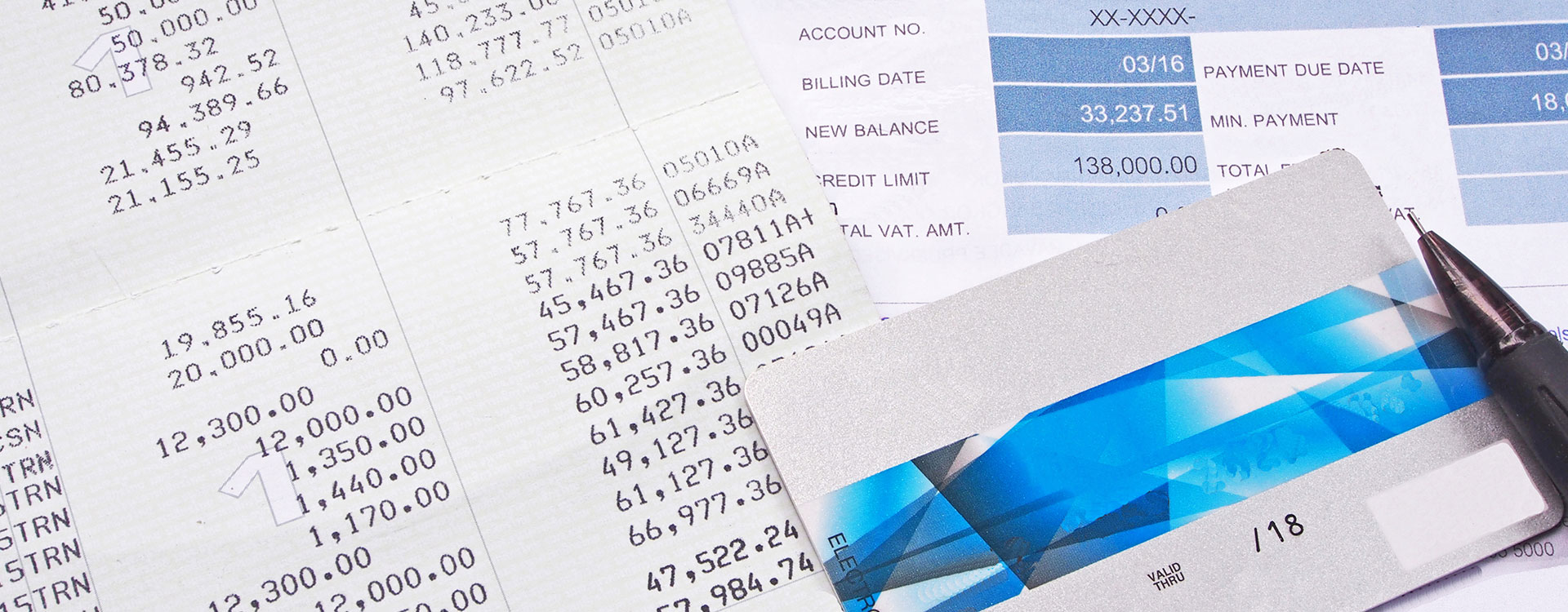With favorable interest rates, personal loans are a popular choice for self-employed individuals.
The number of self-employed workers is on the rise, and it's no wonder why. With the flexibility and potential for higher earnings that come with being your own boss, self-employment can be an attractive career path.
However, one aspect that may be challenging for self-employed individuals is obtaining financing, such as a personal loan.
KEY TAKEAWAYS:
- Financial institutions may perceive self-employed individuals as higher-risk borrowers.
- Personal loans for self-employed individuals often have stricter eligibility requirements.
- Improving your credit score and providing strong financial documentation can increase your chances of getting approved for a personal loan.
- Personal loans can be helpful for self-employed individuals to consolidate debt, manage cash flow, or cover unexpected expenses.
Common Reasons Why Self-Employed Individuals May Need A Personal Loan
Self-employed individuals may need a personal loan for various reasons. Entrepreneurs have three main reasons to obtain a personal loan.
However, they can be divided into more specific choices. Remember that the reasons why you need a personal loan will dictate which type of personal loan is ideal for your needs.
1. Debt Consolidation
Entrepreneurs may need a personal loan to consolidate debt and pay off higher-interest credit cards or other loans.
By taking out a loan with a lower interest rate, they can potentially save money on interest and pay off their debt faster. This process involves taking out a new loan and using the funds to pay off existing debt.
If debt consolidation is done correctly, it can improve credit scores and financial stability because it simplifies multiple existing loans into one monthly payment.
2. Business Expenses
As a self-employed individual, you may have irregular income streams or unexpected business expenses that you need to cover.
A personal loan can be used to finance these expenses and help keep your business running smoothly. Missing payments to suppliers, employees, or other business expenses can harm your business's reputation.
A personal loan provides the necessary funds to keep things running while you wait for payments from clients or sales
3. Investing In Your Business
Many self-employed individuals use personal loans to invest in their businesses.
This could be for purchasing new equipment, expanding their services, or hiring additional employees. By taking out a loan, you can access the funds you need to grow and improve your business.
Adding fuel in the form of capital via a personal loan can lead to increased profits and success in the long run.
Are Personal Loans The Right Solution For You?
Each individual's financial situation is unique, and it's essential to carefully evaluate your options before making a decision.
The timing of your venture, your honest efforts, and your financial obligations should all be considered before taking out a loan.
For example, if you are an entrepreneur in the early stages of building your business, it may be wise to prioritize using personal funds or seeking investment opportunities rather than taking on debt.
This approach enables you to prove your concept and build a strong financial foundation before taking on additional debt. If the startup capital is within reach, it may be worth considering that option before turning to a personal loan.
On the other hand, if you have been in business for some time and have a steady stream of income, a personal loan may be the perfect solution for investing in your business's growth. It's essential to carefully assess your business's financial health before committing to taking out a loan.
Projections of how exactly the capital will return greater profits than the interest rate and the principle of the loan are crucial for a successful outcome.
Finally, the overall industry of your business can also impact the decision to pursue a personal loan.
For example, if you are in a fast-growing industry with high demand and profits, taking on debt may be a smart move to position your business for even more success in a competitive market.
Conversely, if your industry is more volatile and unpredictable, it may be best to avoid taking on additional debt and focus on building a stable financial foundation. A collapse in the market could make it difficult to repay a loan, and it's crucial to consider these potential risks.
How to Get a Personal Loan When You're Self-Employed
Now that we've discussed the various reasons why self-employed individuals may need a personal loan, let's dive into how to actually obtain one. Here are some tips to keep in mind when applying for a personal loan as a self-employed individual:
1. Prepare Your Financial Documents
One of the main differences between obtaining a personal loan as an employee and as a self-employed individual is the documentation required.
As an independent business owner, it is crucial to present comprehensive financial documentation to substantiate your income and demonstrate your capacity to repay the loan.
This may include tax returns, bank statements, and profit and loss statements. By providing the information needed for lenders to feel confident in your ability to repay the loan, you can increase your chances of approval.
2. Have Good Credit
Just like with any other type of loan, having good credit will improve your chances of getting approved. Your credit score serves as your financial reputation, and lenders will use it to determine your creditworthiness.
It is important to maintain a good credit score by paying bills on time, keeping balances low on credit cards, and not opening too many new accounts at once. If you have a lower credit score, you may want to work on improving it before applying for a personal loan.
3. Consider Collateral
If you have a valuable asset, such as a home or vehicle, you may be able to use it as collateral for a personal loan. Collateral provides security for the lender and can increase your chances of getting approved.
However, keep in mind that if you default on the loan, the lender will have the right to seize your collateral. Only consider using collateral if you are confident in your ability to repay the loan and expect the risk involved.
4. Compare Lenders
When looking for a personal loan, it is essential to compare multiple lenders to find the best option for your situation. Each lender will have different eligibility requirements, interest rates, and loan terms.
By comparing lenders, you can find a loan that fits your needs and offers the most favorable terms. Be sure to read reviews and research the reputation of each lender before making a decision.
How Credit9 Can Help You
At Credit9, we offer loan options that could provide you with the financial solution that works best for you.
Since 2018, Credit9 has provided over $460 Million in loans to over 36,000 of our customers, and we’re confident we can help you too.
For more information about Credit9’s unique debt consolidation services, contact us today to see how we can help you consolidate your debts and receive a free, no-obligation, and fully-customized Credit9 loan solution!



